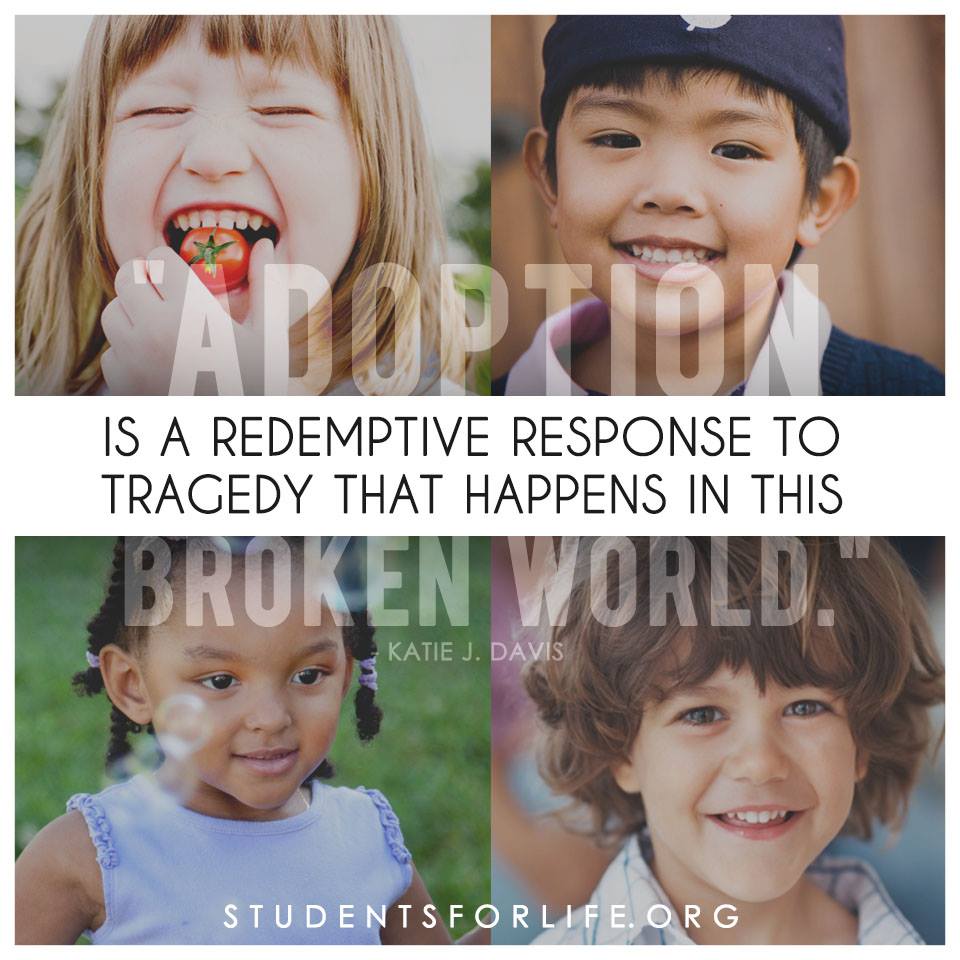
When faced with an unplanned pregnancy, one very important decision needs to be made- “Who will raise my child?” Will the mother choose to raise her child- alone or with the support of a partner and/or family? Or will she consider placing her child for adoption? Several factors may come into play when this mother makes her decision. She may consider her current relationship status, family support, financial stability, and emotional well-being.
Parenting and adoption decisions must be made with serious consideration to both the well-being of the mother and that of the child. For some new mothers, the idea of placing their child for adoption is a daunting prospect. They may not have previous experience with adoption, and therefore, the possibility is intimidating- and even frightening. Here are 7 frequently asked questions:
What is adoption?
Adoption is the legal process by which parental rights and responsibilities are transferred from one parent or set of parent(s) to another, ensuring that a child has the benefits of a permanent, stable, and loving adoptive family.
How can I be certain that my child’s adoptive parents will take good care of her?
Parents who pursue infant adoption are required to meet with an adoption agency representative, social worker, or other approved agent and complete a number of requirements, including a home study, to guarantee that they are emotionally and financially ready to parent. Prospective adoptive parents have to meet all criteria set by their home state as well as the agency in order to adopt. Also, if you choose an open adoption with contact between birthparents and the adoptive family, then you will be able to receive updates, pictures, and letters from the adoptive parents as your son or daughter grows up.
What is the difference between an “open” and “closed” adoption?
If you choose to have contact with your child and his or her family after the adoption takes place, this is called an “open adoption.” Contact may include letters and photographs, phone calls, or visits – whatever you and the adoptive family are comfortable with. In a closed adoption, contact is more limited; letters and photos may still be exchanged, but you could choose to do so anonymously, using your first name only, or sending information back and forth through another party. You can also choose to have no contact at all after the adoption has taken place. The level of openness in the adoption is up to you and the adoptive parents.
After a birthmother signs legal documents, can she still change her mind about the adoption?
Throughout the adoption process, the birthmother has the opportunity to receive counseling, weigh all of her options, and reevaluate her decision. She can always choose to make another plan up until the legal time as defined by the state in which the legal relinquishments were executed.
What if the child’s father does not agree to the adoption?
A responsible, ethical adoption agency or attorney will try their best to locate the birthfather and inform him of his rights, though state law may require him to take action within a given time frame if he wishes to protect his rights. If the child’s father wishes to be involved in the adoption process and the birthmother agrees, he should receive the same counseling and support as the birthmother.
I cannot pay for my pregnancy expenses. Is there help?
If you do not already have health insurance, you may qualify for Medicaid, and your agency should also be able to help you secure coverage. Many adoption agencies will provide free legal services to help you plan for your adoption, and most agencies will also provide financial support for additional medical and living expenses, either directly or through referrals to local organizations that can help meet your needs, depending on what is allowed by state law. If you select an adoptive family for your child before you deliver, that family may also agree to help pay for your prenatal and maternity care.
Is there anyone I can talk to who has been in a situation similar to mine?
If you do contact an adoption agency, counselors should be able to connect you with other birth parents that have been in your situation, facing an unplanned pregnancy. They can tell you how they felt, explain what was most helpful to them, and provide additional support and encouragement as you consider your options. In the meantime, you can also read the birthmother testimonials on this website.
Looking for more information?
- Read other frequently asked questions
- Review our list of adoption resources
- Find an adoption agency in your city or state (You may also find additional adoption agencies or resources in your local telephone book.)
- Read birthmother testimonials
